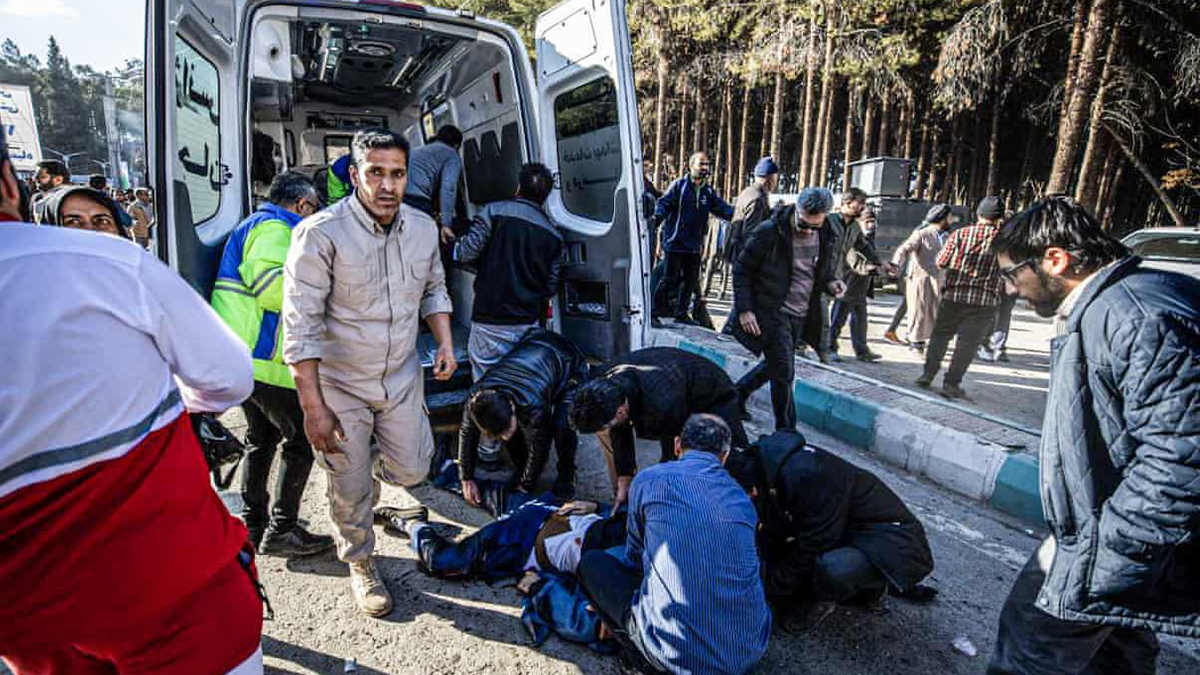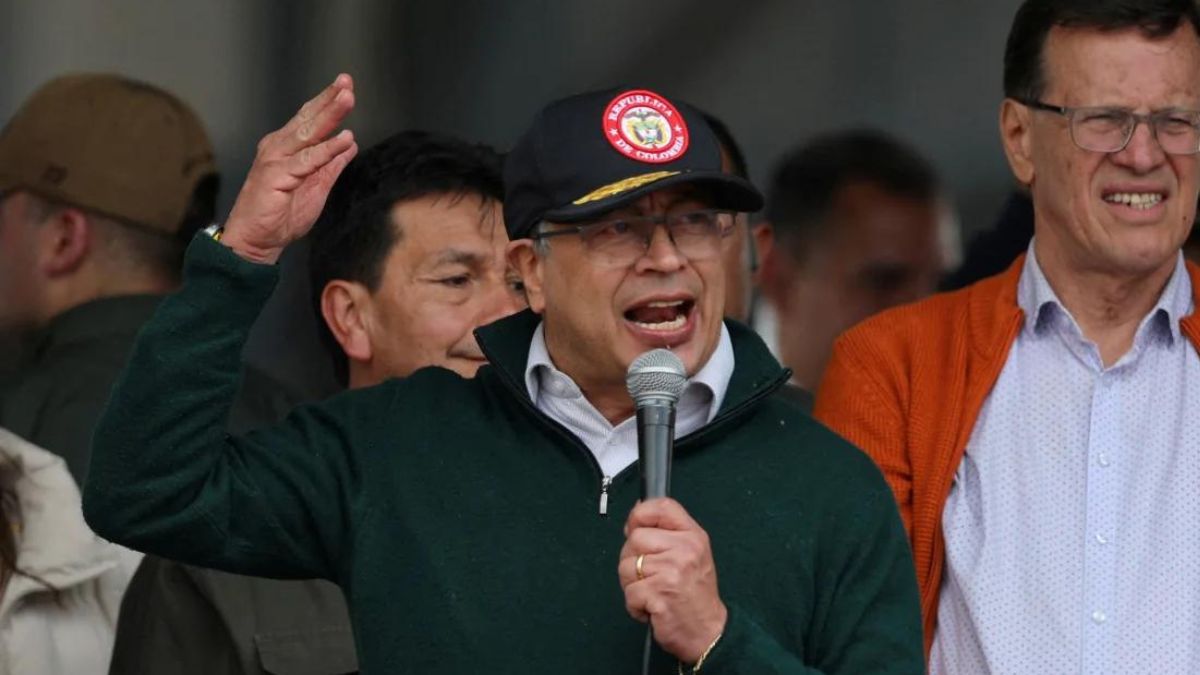Two explosions have killed at least 103 people and injured scores more at a memorial ceremony in Iran marking the fourth anniversary of the US killing of Qassem Suleimani, the head of Iran’s Quds Force and one of the most powerful men in the Middle East.
A senior official called the blasts a “terroristic” attack, without elaborating on who could be behind them.
Eyewitness reports spoke of two explosions 10 minutes apart in the south-central city of Kerman, while some reports spoke of four different explosions, suggesting that the incident was a highly sophisticated attack.
According to Irna news, the first explosion occurred 700 metres (0.4 miles) from Suleimani’s burial place and the second was one kilometre (0.6 miles) away.
State-run media in Iran cited Babak Yektaparast, a spokesperson for the country’s emergency service, as saying 73 people had been killed and 170 wounded. State television later reported that the death toll had climbed to 103.
Initially, local officials said it was not known if the explosions were owing to gas canisters, or suicide bombers. Later officials said the explosions occurred in two bombs that were detonated remotely, and classified the incident as terrorism.
The blasts occurred on the roads leading to Golzar Shohada, the Garden of Martyrs cemetery in Kerman. Suleimani’s body is buried in the cemetery along with 1,024 other people regarded as martyrs, and the site has become a place of pilgrimage for supporters of the so-called “axis of resistance” against the US and the west.
Suleimani was killed in a US drone strike in Baghdad in 2020 and was seen as the leader directing Iranian proxy forces in Iraq and Syria.
It was not immediately clear if the apparent attack was a result of an domestic group or a group directed by Israel.
Iran only recently said it had eradicated a group backed by the Mossad, the Israeli state secret service.
A representative of Kerman province accused agents of Israel of committing the offence, the first elected representative reported to make such an attribution. Sepatately, Kianush Jahanpur, the former spokesman of Iran’s health ministry, said on social media: “The answer to this crime should only be in Tel Aviv, Haifa.”
Some analysts said it was unusual for Israel to undertake a generalised attack on civilians with no high-level military targets and so did not fit a previous pattern of behaviour in what Israel has done to date inside Iran. Israel rarely comments on international operations.
On 25 December, an Israeli airstrike in Syria killed a top commander of Iran’s Islamic Revolutionary Guards Corps (IRGC), prompting Tehran to threaten that Israel would “certainly pay” for its actions.
Iranian state media identified the commander as Razi Mousavi, a senior adviser of the Quds Force, saying he had been killed in an airstrike near the Syrian capital, Damascus.
Israel has in the past carried out the targeted assassinations of nuclear scientists involved in Iran’s nuclear programme.
Hospitals in Kerman and surrounding areas have been put on alert to treat the injured.
(theguardian.com)
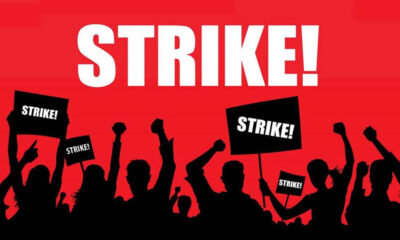
 News2 days ago
News2 days ago
 BIZ5 days ago
BIZ5 days ago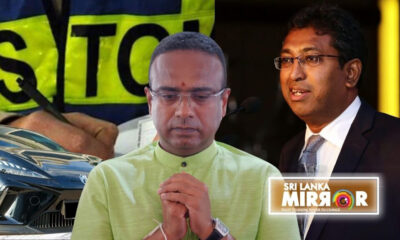
 News5 days ago
News5 days ago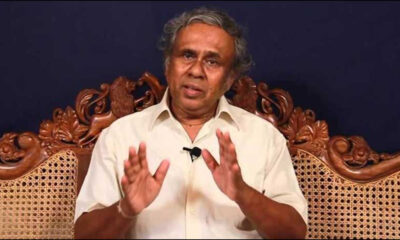
 News2 days ago
News2 days ago
 Entertainment3 days ago
Entertainment3 days ago
 News2 days ago
News2 days ago
 Sports20 hours ago
Sports20 hours ago
 Sports5 days ago
Sports5 days ago

